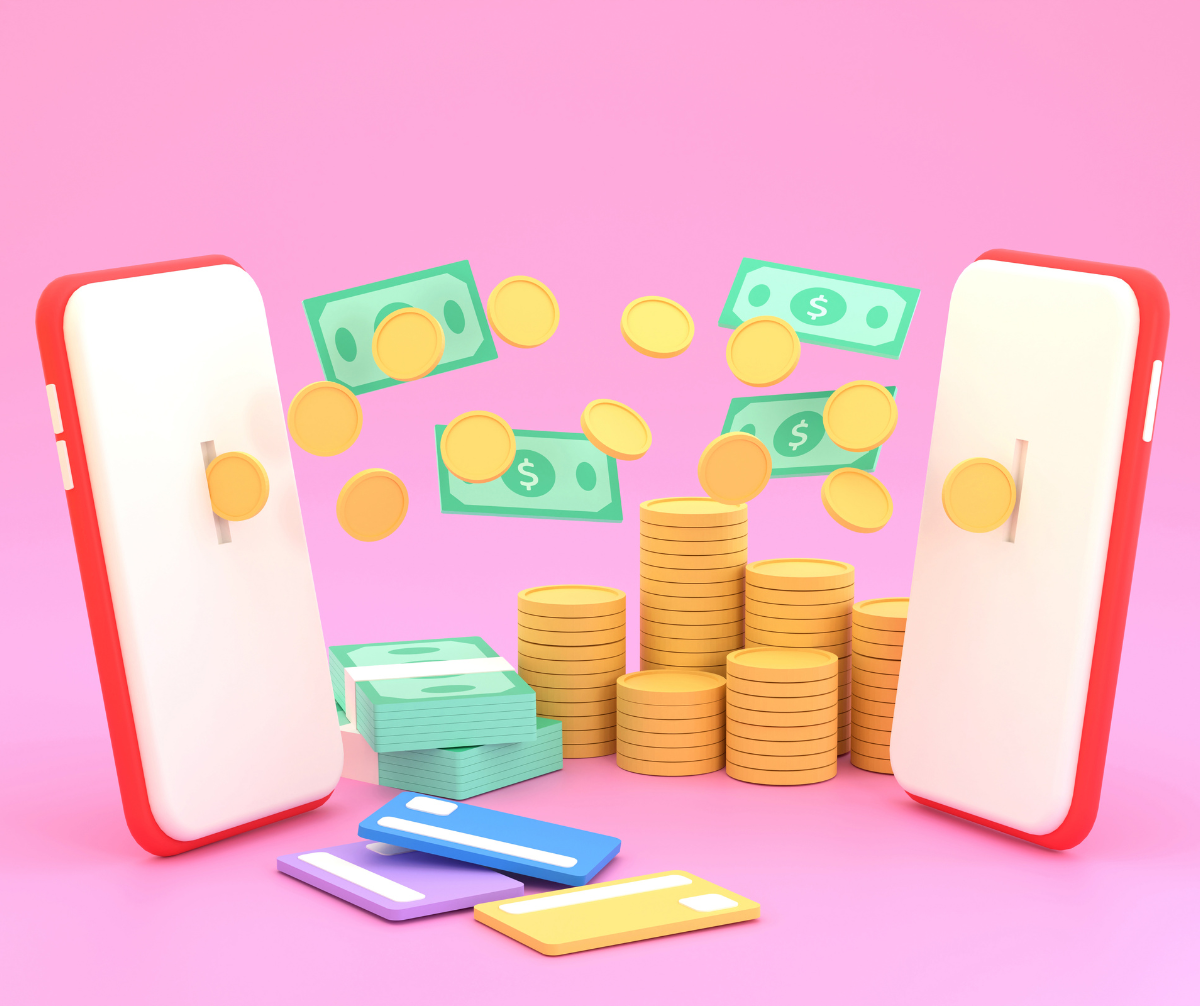
September 5, 2023
How popular is the use of payment apps to carry out person-to-person transactions? According to the Consumer Financial Protection Bureau, the number of such transactions using payment apps operated by third-party settlement organizations (TPSOs) quadrupled between 2018 and 2022. And, the value of those transactions is estimated to have hit about $893 billion.
Using a payment app can feel similar to using an online bank account, because they typically connect to the user’s bank or credit union account, or debit or credit card. In fact, many apps allow you to review recent activity and check your balance from your computer or phone. However, the convenience of using payment apps can come at a cost.
The Downside
When you leave money in your bank or credit union account, it’s generally covered by deposit insurance, just in case. This is likely not true of money that you receive and store in your payment app. So, if the payment company fails, deposit insurance won’t be there to help make you whole.
To be sure, some payment apps have begun offering additional financial products, like credit and debit cards. For customers who sign up for these products, the TPSO may store the funds with a bank or credit union that is federally insured, and then offer pass-through deposit insurance that covers the bank or credit union. If this is your situation, these funds may be covered by insurance if the bank or credit union fails, but don’t assume so. For this to be true, the payment company must do its part to properly structure its arrangement with the bank or credit union. To protect yourself, don’t fail to ask if this structure is in place. Also, be aware that if the app company itself fails, your money still may be lost or tied up in a lengthy bankruptcy proceeding, along with other creditors’ funds.
Another issue to consider is that you might be forgoing the opportunity to earn a return on any money you leave within the app. While the TPSO behind the payment app may invest any money customers leave in their accounts in different financial instruments, that doesn’t mean it’s sharing whatever it’s earning. What’s more, it’s possible a drop in the value of any investments could expose the app company itself to financial difficulty. It’s hard to say how the failure of a TPSO might impact your money, as the user agreement might not spell this out. For now, it’s wise to keep in mind that any money you keep in a payment app may be at higher risk of loss than funds you deposit in an insured bank or credit union account.
You May Hear from the IRS
The use of third-party settlement organizations (TPSOs), including Venmo and PayPal, may have tax implications. Beginning in 2023, an IRS form will be issued when $600 or more is paid for goods and services through a TPSO. (The threshold was previously $20,000 and more than 200 transactions.) The form is 1099-K “Payment Card and Third-Party Network Transactions.” However, the reporting requirements don’t apply to the personal use of a TPSO, such as splitting a restaurant bill or giving a gift. They only pertain to the sale of goods and services. “Form 1099-K should not report gifts or reimbursement of personal expenses you received from friends and family,” the IRS states on its website. Your tax advisor can tell you how to proceed if you receive a 1099-K for a personal transaction.
Steps to Take
Does this mean you shouldn’t use payment apps? Not necessarily. The apps can offer a convenient way to make payments. However, there are several steps you should take to reduce the risk that generally comes with using payment apps.
Payment apps offer convenience, but you want to use them safely and effectively. Your accounting professional can help you determine how best to do this.